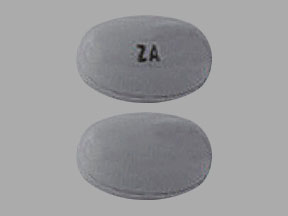
Paricalcitol Coupons & Savings Card – Discount Prices from $80.98
Generic for: Zemplar
My prescription
Edit
1MCG, Paricalcitol (90 Capsules)
Select pharmacy

CVS
$80.98
COUPON PRICE
Albertsons
$92.92
COUPON PRICE
Walgreens
$99.18
COUPON PRICE
Walmart
$119.07
COUPON PRICEParicalcitol savings card
Show this card to your pharmacist
CVS
$80.98
BIN
ID
PCN
GRP
011867
LHF13C679B
HT
LABH001
Powered by
More prescriptions for kidney disease
More prescriptions for kidney disease
Price history for Zemplar (brand) & Paricalcitol (generic)
90 Capsules, 1MCG
Average retail price for Zemplar
Average retail price for Paricalcitol
Average SaveHealth price for Paricalcitol
Our price history data is based on aggregated prescription data collected from participating pharmacies in America. Our prescription data updates daily to reflect the latest price changes. If you notice a missing data point, it means there wasn't sufficient data available to generate a monetary value for that date.
We analyzed Paricalcitol prices for (1MCG, 90 Capsules) over the last 12 months. The average retail price was $119.90, while the average price using the SaveHealth discount card was $113.91. That's a savings of approximately 5.00% when using our Paricalcitol coupon.
Compared to the generic version, Zemplar had an average price of $468.99 over the same time period. With the SaveHealth savings card, Paricalcitol is 75.71% cheaper on average than Zemplar.
*Retail prices are based on pharmacy claims data, and may not be accurate when we don't have enough claims.
Paricalcitol dosage forms
Dosage Quantity Price from Per unit 1MCG 90 Capsules $81.34 $0.90 1MCG 30 Capsules $36.06 $1.20 2MCG 30 Capsules $54.17 $1.81 4MCG 30 Capsules $120.78 $4.03
| Dosage | Quantity | Price from | Per unit |
|---|---|---|---|
| 1MCG | 90 Capsules | $81.34 | $0.90 |
| 1MCG | 30 Capsules | $36.06 | $1.20 |
| 2MCG | 30 Capsules | $54.17 | $1.81 |
| 4MCG | 30 Capsules | $120.78 | $4.03 |
